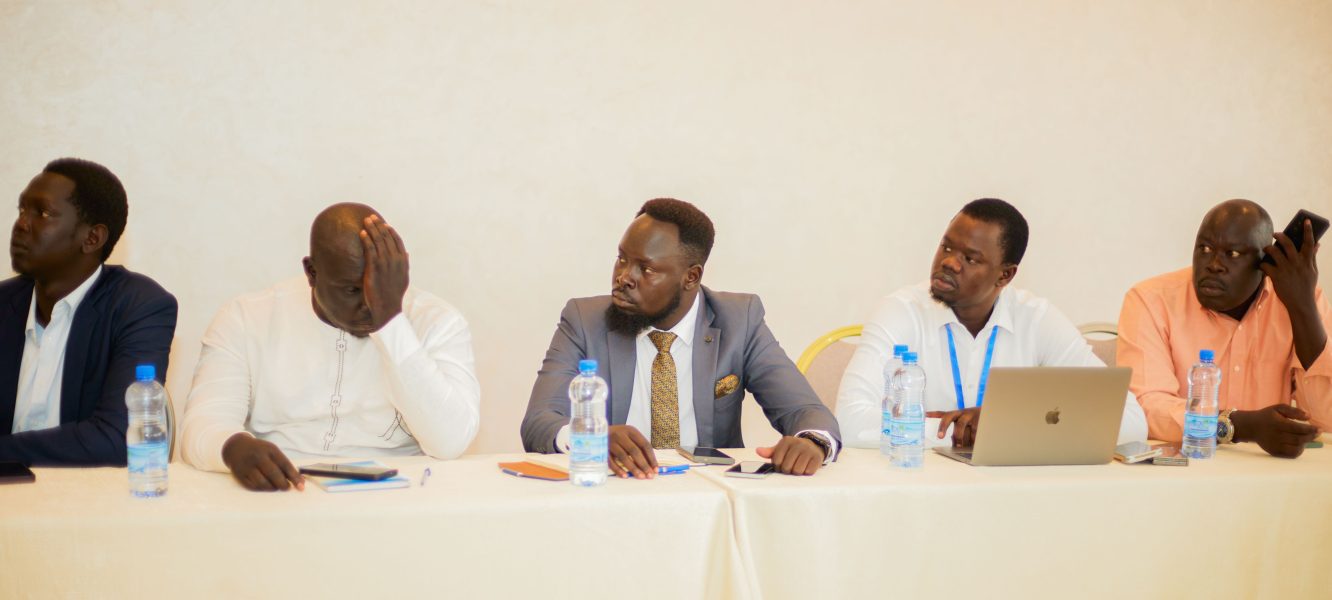
The South Sudan Freight and Forwarders Association (SSFFA) has called on the government to urgently standardize customs procedures and establish streamlined systems to enhance trade efficiency and cargo clearance across the country.
Mr. Mawa Moses, Chief Executive Officer of SSFFA, expressed concern over the persistent challenges faced by clearing agents and the broader business community.
He emphasized the need for the government to address inefficiencies in customs operations by eliminating confusion and ensuring procedures are clearly communicated to stakeholders.
“It is time for the government to put proper systems in place, harmonize tariffs, and address the inconsistencies that continue to frustrate the business community,” said Mr. Moses. “Without a clear and standardized framework, clearing agents face unnecessary delays and challenges, especially at key entry points like Nimule.”
Mr. Moses further highlighted that the lack of uniform tariff rates and unclear procedures has significantly disrupted South Sudan’s trade and logistics chain.
Speaking during the SSFFA Senate meeting, where the association unveiled its 2025/2026 Strategic Plan, he reiterated the urgent need for policy implementation within the freight and forwarding sector.
“Realistically, as a body, we are facing significant challenges within the clearing and forwarding sector,” Mr. Moses warned.
He cautioned that unless corrective measures are taken, these challenges will continue to undermine economic growth and erode investor confidence.
Further, he urged the government to collaborate with stakeholders to develop transparent, fair, and efficient customs systems that promote business growth and trade development.
Silas Majok Achirin, a member of the SSFFA Senate, echoed these sentiments, emphasizing the importance of policy reforms for driving growth in South Sudan’s logistics and transportation sector.
He noted that modernizing the industry would address operational challenges and position South Sudan as a dependable trade hub in the East African region.
The newly adopted 2025/2026 Strategic Plan outlines key priorities to strengthen partnerships with government institutions, international stakeholders, and the private sector.
These collaborations aim to facilitate the smoother movement of goods and establish trade corridors connecting South Sudan to neighboring countries.
The Association reaffirmed its commitment to principles of transparency, inclusiveness, and sustainable development, which will guide its activities in the years ahead.
The SSFFA Senate officially adopted the comprehensive strategic plan, setting clear objectives to drive progress over the next two fiscal years.

